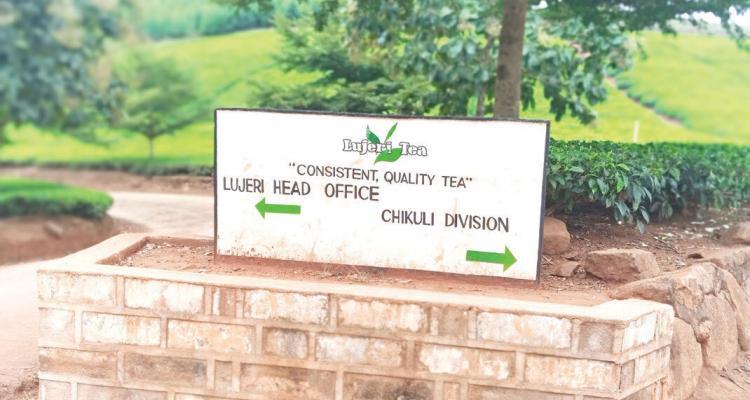
The England and Wales Court of Appeal has rejected agribusiness giant PGI’s bid for permission to appeal in a case in which 31 Malawian women want compensation for alleged rape, sexual assault and harassment at tea and macadamia nut plantations owned by PGI.
The 31 women represented by law firm Leigh Day filed a group claim in the United Kingdom in April 2020 accusing PGI of failure to protect them from rape, sexual assault, sexual harassment, coercion and discrimination by male workers. The claimants alleged they submitted to the sexual harassment for fear of losing their employment. Many contracted HIV, others became pregnant following the sexual abuse.
PGI Group Ltd, the UK-based parent company of Malawian tea company Lujeri, applied for the women’s future recoverable costs in their court case to be limited to £150,000.
The claimants had at that point already incurred around £1.6m while PGI had incurred £750,000.
In October last year, a High Court Judge rejected the application for the costs capping order (CCO), saying £150,000 was a small fraction of the minimum legal costs that the women would need to spend if the case went to trial. He added that the capping order would mean they would have to halt their case.
The judge added that the application failed to meet the requirement that a capping order must be in the interest of justice. He said there was no substantial risk that without the capping order, disproportionate costs would be incurred.
PGI sought permission to appeal High Court’s decision from the Court of Appeal, arguing that the judge applied the wrong proportionality test and failed to take account of the costs already incurred. The company also argued that the judge was wrong to hold that the costs of prosecuting the claims in Malawi were irrelevant to the court’s consideration of proportionality.
In his ruling, Lord Justice Coulson on 25 February, 2022 rejected PGI’s bid for permission to appeal saying it has no real prospect of success.
On limiting the costs in UK to the costs that would be incurred in Malawi, Coulson said the costs of pursuing the claim in Malawi are irrelevant since the claim was validly brought in the UK.
“It is wrong in principle to say that, although the claims were validly brought in the UK, the costs should be pegged to the costs that would be incurred if the claims had been brought in a different country. There is no authority for such a proposition. It would be completely artificial,” he said.














